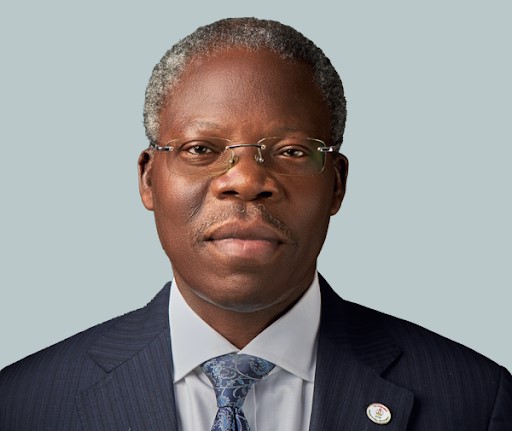The Director-General of Nigeria’s Bureau of Public Enterprises (BPE), Mr. Ayodeji Gbeleyi, has heralded the commencement of tolling operations on Nigerian roads as a pivotal step towards achieving sustainable road infrastructure development in the country. Speaking at the inauguration of the Abuja-Keffi-Lafia-Makurdi Road Corridor, Gbeleyi emphasized the crucial role of robust road networks in fostering national development, facilitating trade and mobility, and ultimately enhancing the quality of life for citizens. He underscored the notion that while high-quality infrastructure is essential, it necessitates significant financial investment for construction, upkeep, and upgrades. Consequently, he advocated for the implementation of a structured revenue framework, like tolling, to ensure the long-term sustainability of these critical assets.
Gbeleyi’s argument centers on the principle that expecting world-class infrastructure without commensurate investment from the public is unrealistic. He framed the tolling initiative not as a mere fee collection mechanism but as a crucial investment in ensuring the continuous maintenance and improvement of the road network. The revenues generated, he explained, will be directly channeled back into preserving the roads’ optimal condition, guaranteeing comfort, safety, and efficiency for all users. This cyclical approach to road financing ensures that the infrastructure remains in prime condition, mitigating the deterioration that often plagues neglected road networks. He stressed that this model creates a virtuous cycle where users contribute to the upkeep of the roads they benefit from, thereby ensuring their long-term viability and quality.
Transparency and accountability were highlighted as cornerstones of the tolling operation. Gbeleyi assured the public that the entire process would be governed by a transparent framework, subject to oversight by relevant regulatory bodies. This commitment to transparency aims to dispel any skepticism about the management of the toll revenues and build public trust in the system. He encouraged public scrutiny and participation in holding the government accountable for the proper utilization of the collected funds, reinforcing the idea of collective responsibility for infrastructure development. This open approach seeks to ensure that the process remains above board and that the funds serve their intended purpose of road maintenance and development.
Gbeleyi appealed to road users to view the tolling initiative not as an additional burden but as a direct investment in their own safety, convenience, and economic prosperity. By contributing to the upkeep of the roads, users are essentially investing in a more efficient transportation system that will benefit them in numerous ways. Improved road conditions translate to reduced travel times, lower vehicle maintenance costs, and increased safety, ultimately boosting economic productivity and overall well-being. He posited that the long-term benefits of well-maintained roads far outweigh the immediate cost of tolls, creating a system where everyone contributes to and benefits from a higher standard of infrastructure.
The Abuja-Keffi-Lafia-Makurdi Road Corridor, a significant artery in the nation’s transportation network, serves as a prime example of the potential benefits of the tolling system. Its inauguration marks a tangible step towards realizing the vision of a modern and sustainable road network across Nigeria. The 227.2km stretch, linking major cities and facilitating both inter- and intra-state travel, stands to significantly boost economic activity in the region. By ensuring its proper maintenance and upkeep through the tolling system, the government is effectively investing in the long-term prosperity of the areas connected by this vital corridor.
This initiative represents a paradigm shift in Nigeria’s approach to infrastructure financing, moving away from reliance on solely government funding and embracing a more sustainable model involving user participation. The successful implementation of this tolling system could serve as a blueprint for future infrastructure projects, paving the way for a more robust and sustainable network of roads across the nation. By fostering a sense of shared responsibility and demonstrating the tangible benefits of contributing to infrastructure development, the government hopes to create a culture of investment in public goods, ultimately driving economic growth and improving the quality of life for all Nigerians. This long-term vision requires a shift in public perception, viewing tolls not as a tax but as a contribution to a shared resource that benefits everyone.


